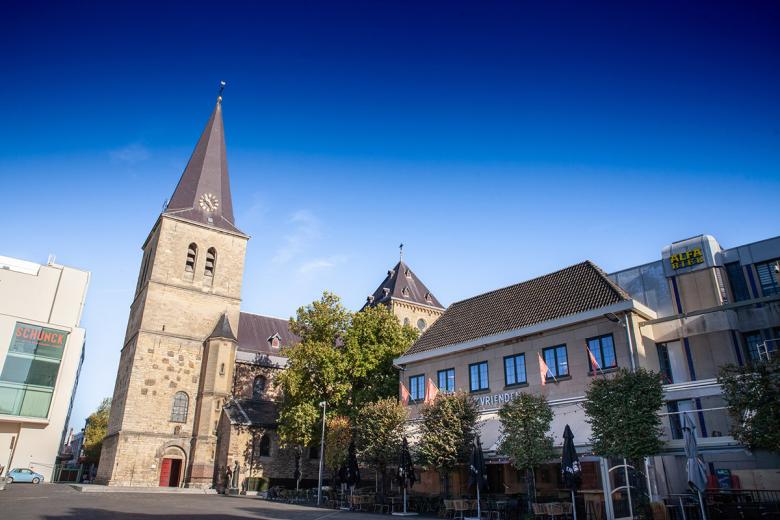The European plastics system has to change within 5 years
April sees the release of ReShaping Plastics, a new groundbreaking report which shows us the pathways to a circular, climate neutral plastics system in Europe. This report by Systemiq was commissioned by PlasticsEurope but was composed in full scientific independence. Standing guard over this independence was Maastricht University’s own Circular Plastics professor Kim Ragaert, who co-chaired the steering committee along with former European Commission vice-president Jyrki Katainen.
Approach
ReShaping Plastics focuses on four of the most important plastic-using sectors: packaging, household goods, automotive, and construction, and presents six scenarios, outlining which actions should be prioritized for different plastic applications in order to meet circularity and climate mitigation goals. To achieve net-zero carbon emissions by 2050, multiple less mature, innovative technologies and approaches need to be developed and deployed in addition to proven circular economy levers to further decrease GHG emissions and decouple plastic from fossil fuel feedstocks.
Integrated systems change
The conclusions are clear: we need complimentary, integrated systems change if we are ever to reach net carbon zero. Different technologies will have a key role to play, from electrification of crackers to (mechanical and chemical) recycling of plastics. But also smart reductions and adapted product design have a role to play. This is exactly the kind of insights we are bringing to students in our new Circular Engineering bachelor and the type of research which is being spearheaded at FSE’s Circular Chemical Engineering department (CCE).
Also read
-
Municipality of Heerlen, Parkstad Urban Region and UM invest 6 million in collaboration
Heerlen grants a one-time contribution of €1,478,050 to Maastricht University as part of the Regio Deal application ‘Fundament onder UM-onderwijs in Heerlen’. This amount comes from the Fonds Economische Structuurversterking (FES). The funding will help establish university education facilities in...

-
Dutch Research Council rewards three Maastricht research proposals
The Dutch Research Council (NOW) has decided that within the so-called ENW Open competition XS research programme, 28 projects will receive funding. Three of those projects are headed by a UM scientist.

-
NWO grant for UM research into deep learning
Guangzhi Tang, Assistant Professor, Faculty of Science and Engineering, Department of Advanced Computing Sciences van de Universiteit Maastricht receives a grant for his project Brain-inspired MatMul-free Deep Learning for Sustainable AI on Neuromorphic
